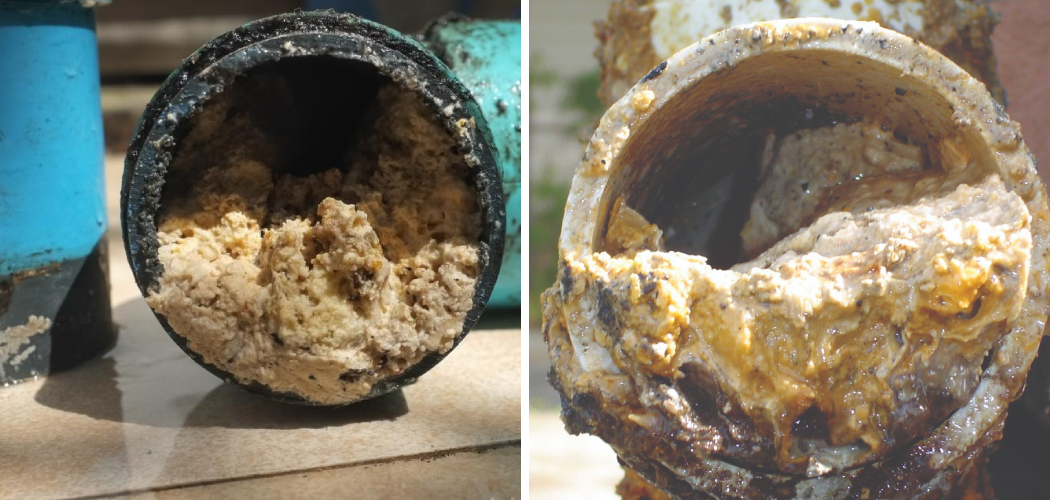Nobody wants to deal with a clogged pipe, but grease buildup is one of the most common causes of blocked pipes. It is important to know how to prevent grease build up in pipes. Are you one of those people who hate having to clean the kitchen grease off the stovetop?
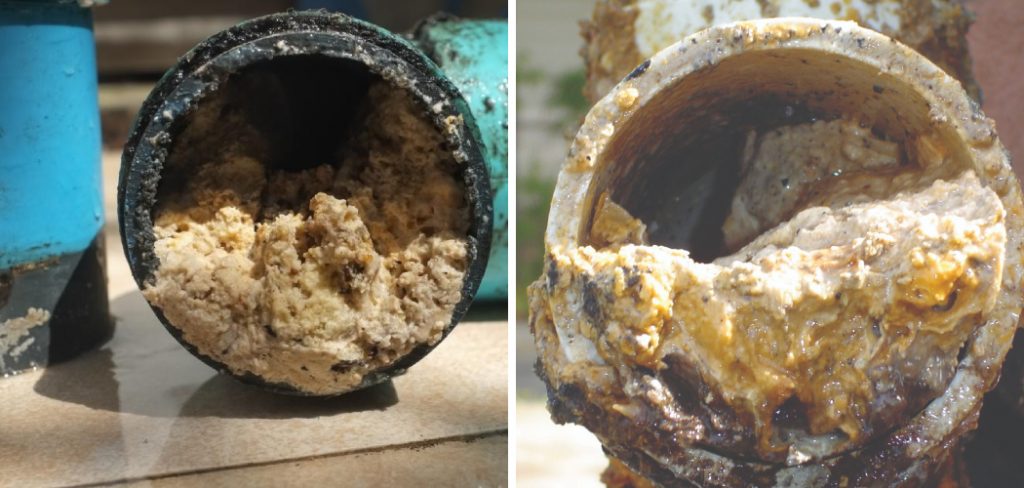
If so, you’re not alone. Grease build-up is a common problem in kitchens, and it can be tough to get rid of. But did you know that there are ways to prevent grease build-up in your pipes? In this blog post, we’ll talk about some of the best ways to do just that. So keep reading for more information!
5 Benefits of Preventing Grease Buildup in Pipes
1. Prevents Clogs
One of the most important reasons to prevent grease build-up in your pipes is that it can help to prevent clogs. Grease is one of the most common causes of clogged drains, as it can harden and form a blockage when it cools. If a clog does form, it can be difficult and expensive to remove.
2. Reduces the Risk of Flooding
Another reason to prevent grease build-up in your pipes is that it can help to reduce the risk of flooding. When grease hardens and forms a blockage in your pipes, it can cause water to back up and overflow. This can lead to extensive damage to your home and possessions, as well as pose a serious health and safety risk.
3. Extends the Life of Your Pipes
Preventing grease build-up in your pipes can also help to extend their life. Grease can cause corrosion and wear down the walls of your pipes over time. This can lead to leaks and eventually cause your pipes to fail. By preventing grease build-up, you can help to extend the life of your pipes and avoid costly repairs or replacements.
4. Saves Money on Plumbing Bills
In addition to extending the life of your pipes, preventing grease build-up can also help you save money on plumbing bills. When pipes become clogged or damaged, they often need to be repaired or replaced, which can be costly. By keeping your pipes clear of grease, you can avoid these costly repairs and keep more money in your pocket.
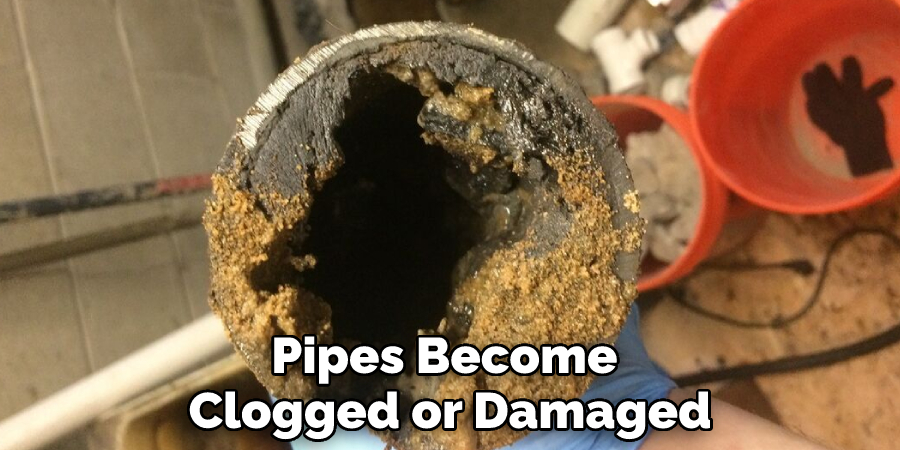
5. Protects the Environment
Preventing grease build-up in your pipes is not only good for your home and wallet, but it’s also good for the environment. When grease enters our sewer systems, it can cause problems with treatment plants and lead to pollution in our waterways. By keeping grease out of our sewer systems, we can help protect our environment from pollution.
How Often Should I Clean My Pipes to Prevent Grease Build-up?
Grease build-up in your pipes can lead to several problems, including clogged pipes and drains, bad odors, and even flooding. To keep your lines clean and free of grease, it’s essential to regularly clean them.
Depending on how often you use your kitchen, you should clean your pipes at least once a month. If you have a garbage disposal, you should clean it every week. To clean your pipes, simply pour a cup of baking soda down the drain followed by a cup of vinegar. Let the mixture sit for an hour before flushing it with hot water.
You should also be sure to regularly run hot water down your drains to help dissolve any grease that has already built up. By following these simple tips, you can keep your pipes clean and prevent costly repairs down the road.
8 Steps Guide on How to Prevent Grease Build Up in Pipes
Step 1: Clean Regularly
The easiest way to prevent grease build-up in your pipes is to clean them regularly. This means using a drain cleaner or pipe cleaning tool once every week or two. Cleaning your pipes regularly will help keep grease from accumulating and forming a blockage.
There are lots of different drain cleaning products available, so make sure to choose one that is suitable for your pipes. If you do not have any drain cleaning products, you can also use a mixture of baking soda and vinegar to clean your pipes.
Step 2: Install Traps and Filters
Installing traps and filters in drains can also help to prevent grease build-up. Traps and filters are designed to capture grease, hair, and other debris that would otherwise collect in pipes. This can help to keep your pipes clear and prevent blockages from forming. Different traps and filters are available depending on your drain system, so make sure to choose the right one for your home.
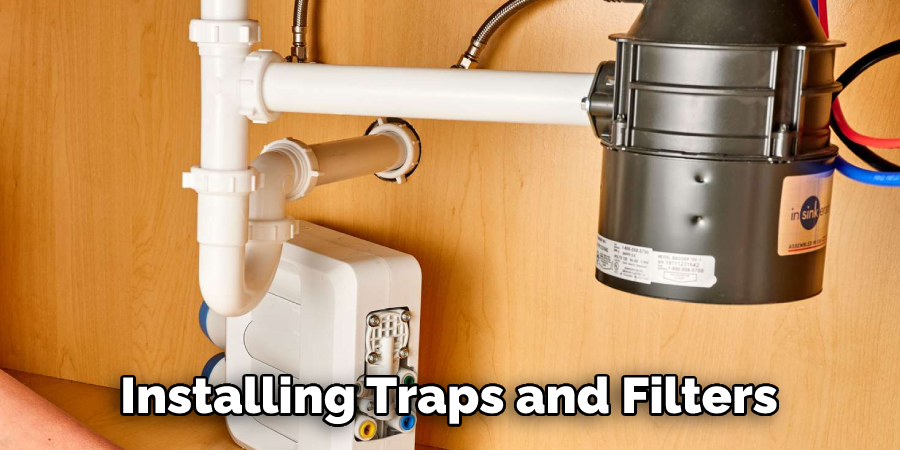
Step 3: Use Hot Water
Using hot water when washing dishes or doing the laundry is also a great way to help prevent grease build-up in your pipes. Hot water helps break down grease and can help keep it from accumulating in your pipes. By using hot water as often as possible, you can help keep your pipes clear and prevent blockages from forming.
Step 4: Use Liquid Detergents
When washing dishes or doing the laundry, use liquid detergents instead of powders. Powdered detergents can contain grease-forming ingredients that can build up in your pipes over time. Liquid detergents, on the other hand, are less likely to contain these ingredients and can help keep your pipes clean Detergents are available in both liquid and powder forms, so make sure to choose the one that is best for your pipes.
Step 5: Avoid Flushing Grease Down the Drain
One of the most important steps for preventing grease build-up is to avoid flushing grease down the drain. Grease can quickly accumulate in pipes and cause a blockage, so it’s best to keep it out of your plumbing system entirely. This type of grease should be disposed of in the trash instead.
Step 6: Use Paper Towels
Instead of flushing grease down the drain, use paper towels or other absorbent materials to capture it. Once you’ve used a paper towel to absorb the grease, you can throw it in the trash instead of down the drain. Various paper towel options are available, so make sure to choose one that is suitable for your needs.
You Can Check It Out to Jet a Sewer Line
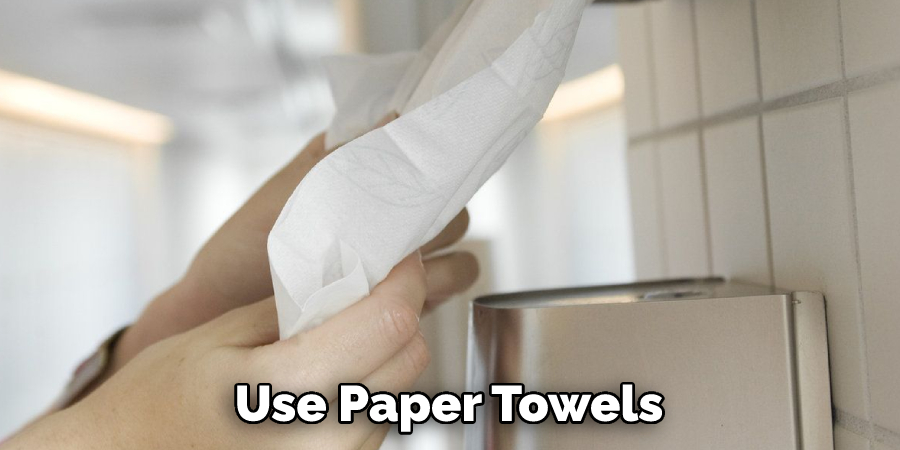
Step 7: Install an Automatic Grease Trap
If your home or business has a commercial kitchen, you should consider installing an automatic grease trap. An automatic grease trap will help keep large amounts of grease out of your pipes and help prevent blockages from forming. If that automatic grease trap is not an option for you, make sure to follow the steps above regularly.
Step 8: Professional Cleaning Services
Finally, it may be helpful to hire a professional cleaning service to help keep your pipes clean. Professional cleaners have the right tools and experience to properly clean and maintain your pipes, which can help keep them free of grease and other debris.
By following these steps and taking proper care of your pipes, you can help prevent grease build-up and extend the life of your plumbing system. Taking these preventive measures now can save you time, money, and frustration down the line. How to Prevent Grease Build-Up in Pipes is an important part of owning a home or business, so make sure to give your pipes the attention they need!
Frequently Asked Questions
How to Make Sure Your Pipes Stay Clear of Grease?
When it comes to kitchen plumbing, one of the most common problems is grease build-up. Grease can clog not only your pipes but also your drains, causing big problems. There are a few things you can do to help prevent grease build-up in your pipes.
First, never pour hot grease down the drain. Let it cool first, then dispose of it in the trash. Second, regularly clean your drains with a plunger or a plumber’s snake. This will help to remove any grease that has already built up.
Finally, be sure to run hot water down the drain after each use. This will help to flush away any remaining grease that could cause problems later on. By following these simple tips, you can help keep your pipes clear of grease and clog-free.
What is the Best Way to Clean My Pipes if Grease Build-up Does Occur?
Over time, grease and other cooking residues can build up on the inside of your pipes, causing a clog. While several commercially available products claim to clear away this build-up, they can be expensive and contain harsh chemicals. Fortunately, there are a few simple household ingredients that can also be used to clean your pipes.
One popular method is to mix equal parts baking soda and vinegar, then pour the mixture down the drain. The baking soda will help to break up the grease, while the vinegar will act as a natural disinfectant. You can also try using boiling water to flush the grease buildup down the drain.
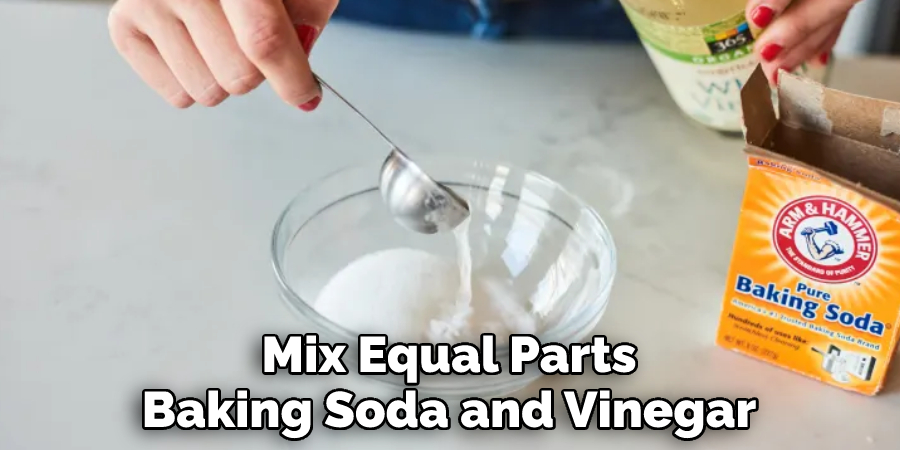
Whatever method you choose, it’s important to be patient and consistent; fats and oils can take some time to break down, so it may take a few treatments before you see results. With a little elbow grease (pun intended!), you should be able to keep your pipes clean and clear.
Conclusion
To prevent grease from building up in your pipes, you should clean them regularly with hot water and soap. You should carefully determine how to prevent grease build up in pipes. You can also use a plunger to dislodge any buildup that has already occurred. If you have a dishwasher, make sure to run it on the longest cycle possible to help break down the grease before it has a chance to solidify.
By following these simple tips, you can keep your pipes free of grease and flowing smoothly all year long! Do you have any other tips for preventing grease build-up? Share them with us in the comments below!

